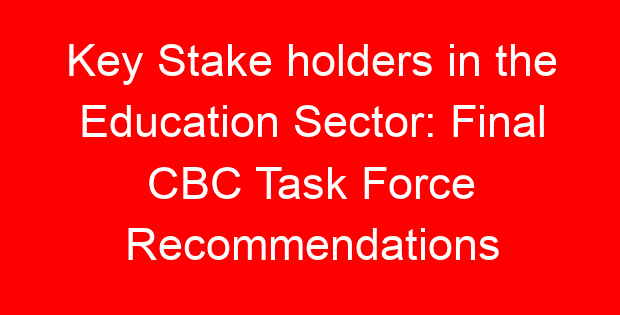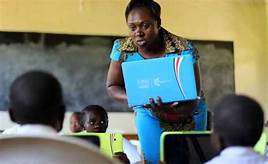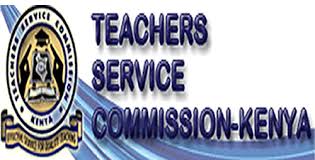Key Stake holders in the Education Sector: Final CBC Task Force Recommendations
Key Stakeholder Collaborations and Linkages in Education Quality Assurance and Standards
Here is a list of all the Key Stake holders in the Education Sector
| S/NO. | INSTITUTION | FUNCTIONS | AREAS OF COLLABORATION |
| 1 | TSC | • Manage teacher’s professional development and appraisal. | • Recruit and post teachers for curriculum implementation.
• Appoint school management and administration. • Share assessment reports. • Enforcement of QAS reports • Performance appraisal of teachers and head teachers. |
| 2 | KNEC | • Development and administration of national assessments and examinations. | • DQAS quality assures the development and administration of national assessments and examinations.
• Attestation of academic certificates. • DQAS chairs the subject panels • DQAS is a member of the KNEC board. |
| 3 | KICD | • Develops and reviews curriculum.
• Evaluates learning and teaching materials (LTMs). |
• DQAS quality assures the curriculum development process as chair of the various subject panels.
• Quality ensures the evaluation of learning and teaching materials (LTMs). |
| 4 | KEMI | • Trains education managers and administrative staff capacity building of education officers. | • DQAS collaborates with KEMI in the training activities of
instructional leadership i.e. CEBs, BoMs, QASOs and Education Officers. |
| 5 | CEMASTEA | • Capacity building of teachers in mathematics and science pedagogical skills.
• Undertakes research in science and mathematics. |
• DQAS participates in CEMASTEA of in servicing teachers. |
| 6 | TVETA | • Regulates and coordinates.
• TVET training through. • Licensing, registration and • Accreditation of programs, • Institutions and trainers. |
• Share information on regulations regarding quality in education. |
| 7 | CUE | • Regulates and assures quality in University Education. | • Share information on QAS regulations regarding quality in education. |
| S/NO. | INSTITUTION | FUNCTIONS | AREAS OF COLLABORATION |
| 8 | Public Works office | • Develop and implement standards for the buildings. | • Development of Education standards for critical infrastructure and safety of learners.
• Assessment of schools for purposes of registration and compliance to set standards. |
| 9 | Public Health Officers | • Inspect and enforce health quality standards. | • Development of school health policy and guidelines.
• Monitoring of health standards maintained by education institutions. • Assessment of schools for registration and investigative purposes. |
| 10 | Children’s services | • Implementation and enforcement of children protection laws and guidelines. | • Monitoring and assessment of schools to investigate children’s welfare issues. |




